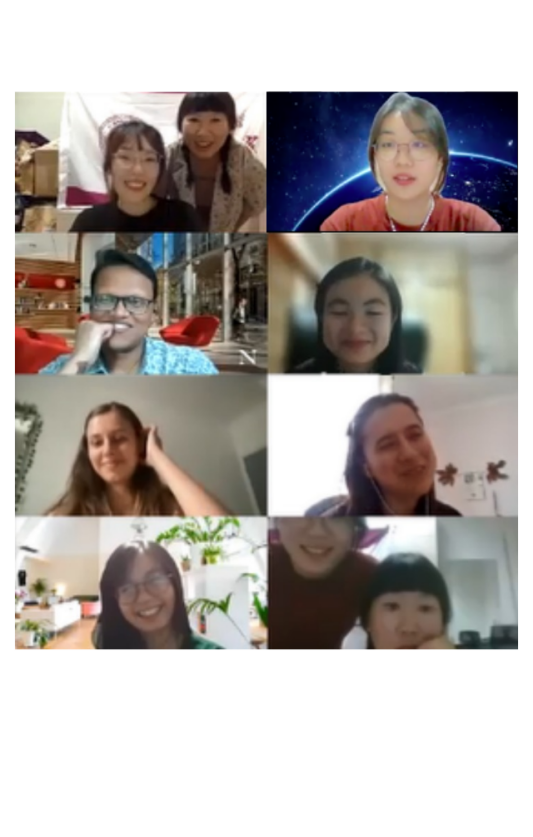

2021Tsinghua Amgen Scholars Online Activities
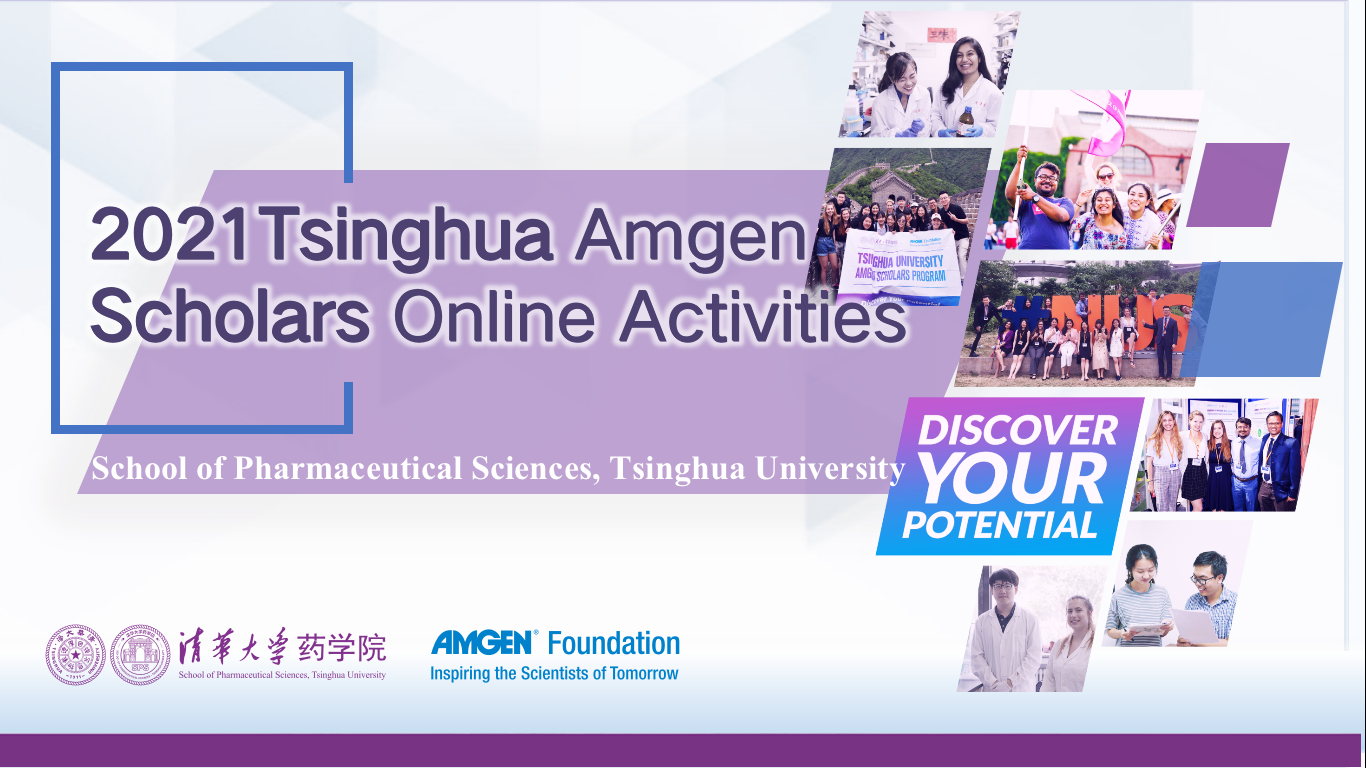
Part 1
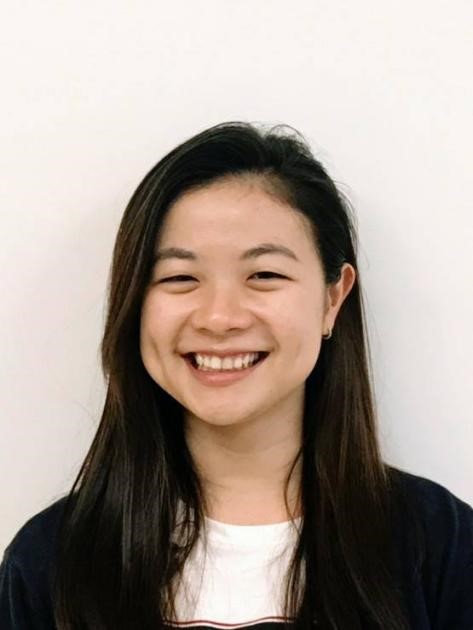
Chin Mun Yee
Scholar of 2019 Amgen Program
Our alumni Chin Mun Yee gave the first presentation to us on 15th July. Chin Mun Yee was one of the scholars of 2019 ASP. She worked on a project in Professor Sheng Ding’s lab that aims to use small molecule therapy for treating Batten Disease from 1st July to 23rd August in 2019. In her presentation, she firstly introduced pathological mechanisms from a micro level, and then introduced the steps like photoactivation and incubation around the target. After that, Chin Mun Yee shared her unforgettable learning experiences in Tsinghua University, including the experiences with other Amgen Scholars across the world, her academic achievements in this program and diversified Chinese cultures.
Q&A
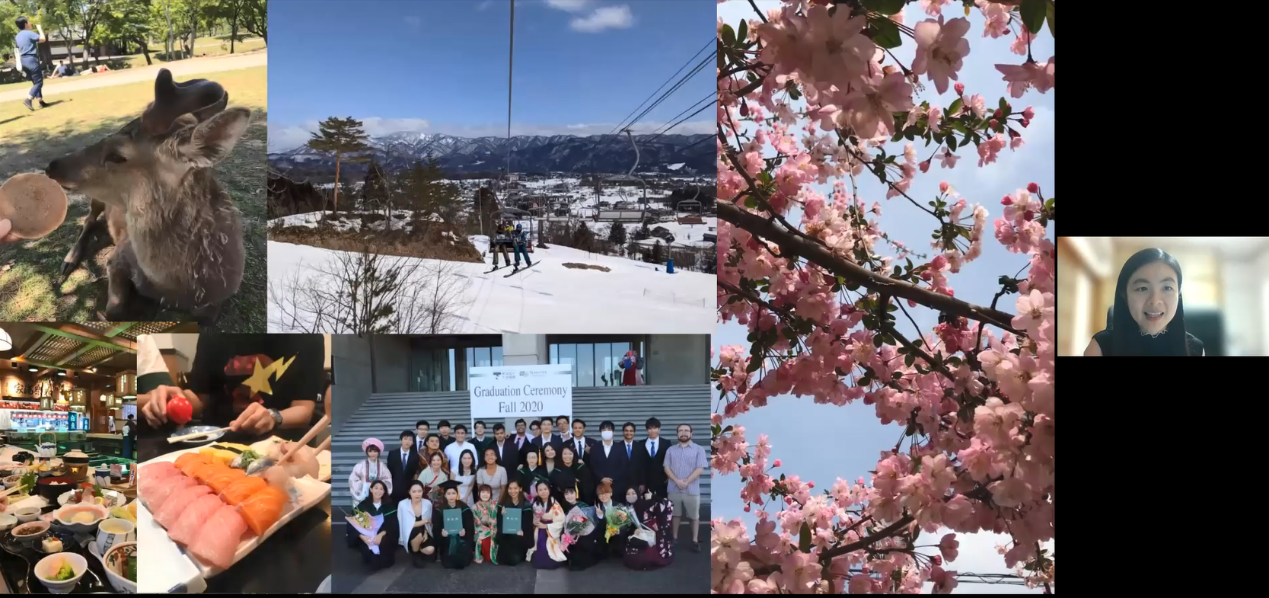
MOMENTS OF LECTURING
Q: What do you think is the most attractive factor for you to pursue your career in Japan rather than in other countries?
A: To be honest, I never thought of working in Japan. Because before coming to Japan, I’ve always wanted to return to my county initially or worked in another country, English-speaking country at least. Because I came to Japan with minimum, currently I still have, like average I’ll say, Japanese skills is definitely not by extremely native level. So that is also a particular reason why I never actually give much talks like working in Japan. I just stumbled across opportunities after graduation and also very fortunately found my current job. Actually, I would say 70% of my job I need to communicate in English, so 30% I communicate with my staff and also other faculties in Japanese. So I think in that case, it kind of works for me, because I’m able to handle the language very well. And I think one thing that I was considering is also in terms of the salary wise. I think it was definitely more compare to my home country. So it was definitely something I was considering in some sort of salary also. And also, in terms of experience wise as well, because I also think maybe having an experience working overseas might provide me with future opportunities. And I think personally for me, things kind of fell into please, because the job that I was applying was something I was really interested in doing, because I was interested in education. And yeah, the job really suited what I was interested to do.
Part 2
Academic Lecture 1
Genome Engineering Technologies
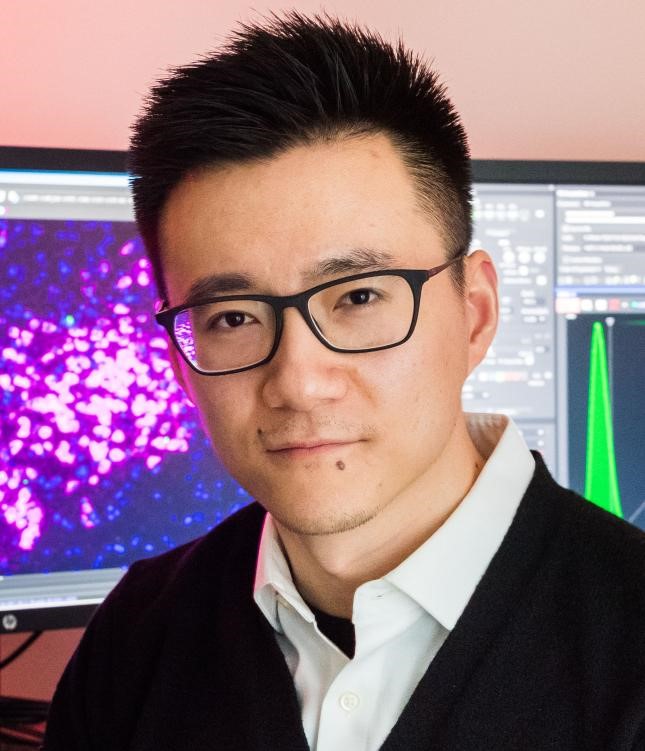
Yinqing Li
School of Pharmaceutical Sciences, Tsinghua University
Prof. Yinqing Li from the School of Pharmaceutical Sciences (SPS) at Tsinghua University gave us the academic lecture of Genome Engineering Technologies, his main research area. “The programmed expression of genes is very fascinating. This is where attracts me a lot. If we can understand the mechanism of gene expression, we can understand almost all the mysteries of life. This exploration and study of programmed expression are similar to what I studied during my studies in computer science, and computer methods can also be used to analyse microscopic biological structures. So it was both accidental and inevitable to go into this crossing field. ” Then, Prof. Li further introduced the diseases related to gene
Q&A
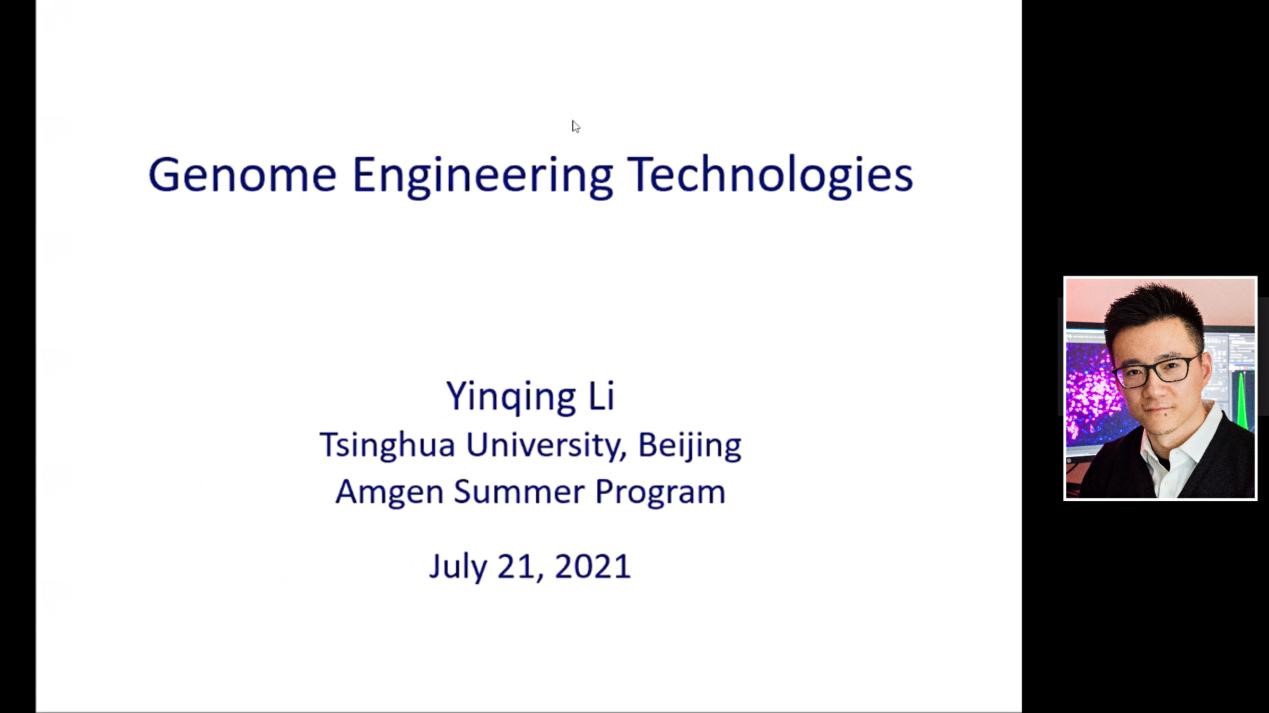
MOMENTS OF LECTURING
Q: Is it possible that the research products of genome engineering in the biological world may induce the destruction of the food chain, thus threatening the ecological environment?
A:If we spread it outside the lab or fail to limit the harmful genes, that could happen. I think it's a question that will make people realize how dangerous this technology is. If a gene-edited organism leaks out and reproduces with wildlife, mutated organisms could emerge. It's very difficult for humans to control it, so there are a lot of ethical rules for biological research, and I hope that never happens. Everyone working in bioinformatics should keep this in mind.
Part 3
Academic Lecture 2
Cancer Immunotherapy
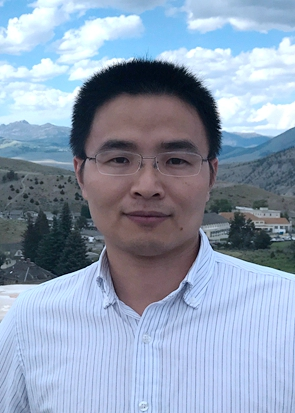
Haidong Tang
School of Pharmaceutical Sciences, Tsinghua University
The third lecture on 22 July, given by Prof. Haidong Tang from Tsinghua University's School of Pharmaceutical Sciences, was equally wonderful. The topic presented by Prof. Tang was cancer immunotherapy, which is also one of his current research. In the first half of the lecture, Prof. Tang first introduced the history of cancer immunotherapy, comparing its similarities, differences and advantages with conventional therapies. Then he described how cancer immunotherapy works at the molecular level and outlined the current challenges of this approach in points. In the second half, Prof. Tang introduced his laboratory's research ideas and progress in this area, including making tumour models and exploring targeted therapies in different settings. Prof. Tang demonstrated a high degree of expertise in the field of oncology and immunology, which not only increased the students' experience of biopharmaceuticals and physiopathology, but also inspired them to think about different pharmaceutical products.
Q&A
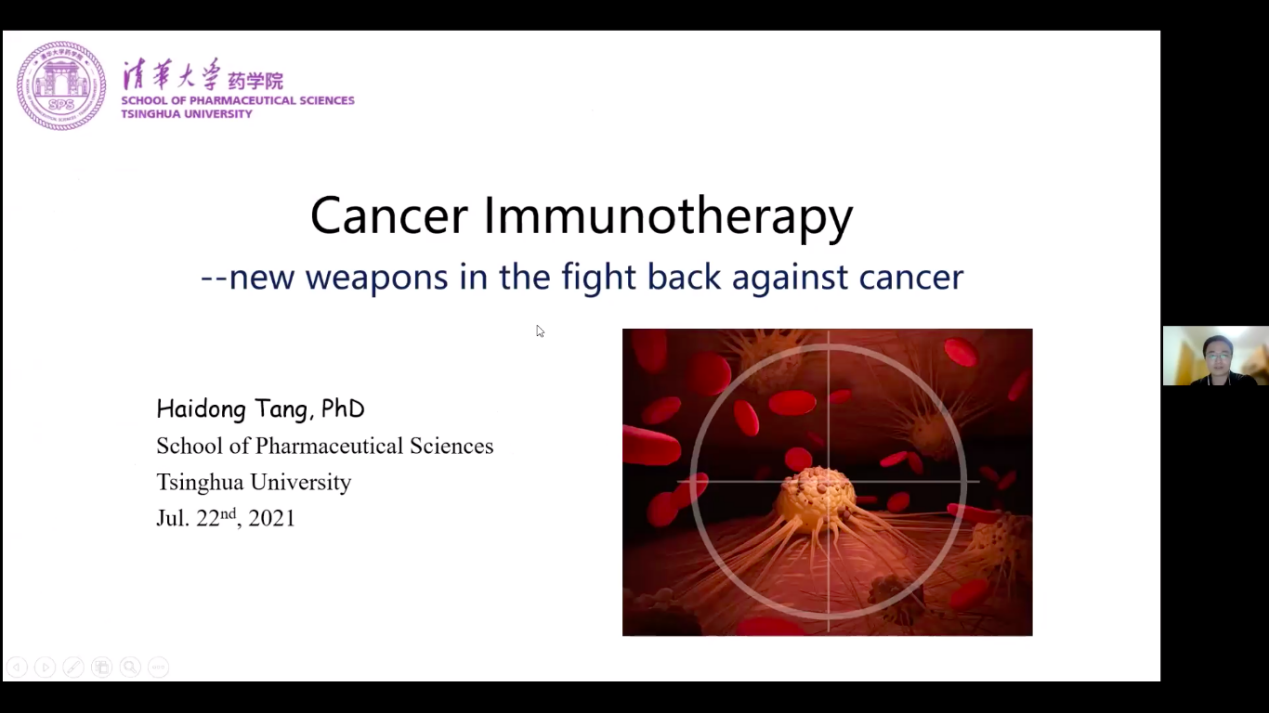
MOMENTS OF LECTURING
Q: Can manipulation of tumour microenvironment help supplement current therapies and increase T cell's effectivemess?
A: Of course. In fact, another interesting thing on this topic is that although radiation and chemotherapy are thought to work by guiding tumor cells. In recent years, many studies have shown that conventional therapies (including chemotherapy, radiation, and even targeted therapies) can actually activate T cell responses. If T cells can be activated during routine treatment, the prognosis is better. So I think the best way to treat cancer is to combine immunotherapy with conventional therapy.
Conclusion
Not only did the professors give us wonderful lectures but also the scholars expressed their insightful ideas and questions in Q&A session. Chin Mun Yee, Prof. Yinqing Li and Prof. Haidong Tang all answered the questions in detail. For instance, the scholars asked Chin Mun Yee about the experiences of doing scientific research, discussed with Prof. Yinqing Li how to view the ethic issues of genome engineering and explored the future of cancer immunotherapy with Prof. Haidong Tang. The professors and the scholars all showed great interest in academic knowledge, which created an active online learning atmosphere.
